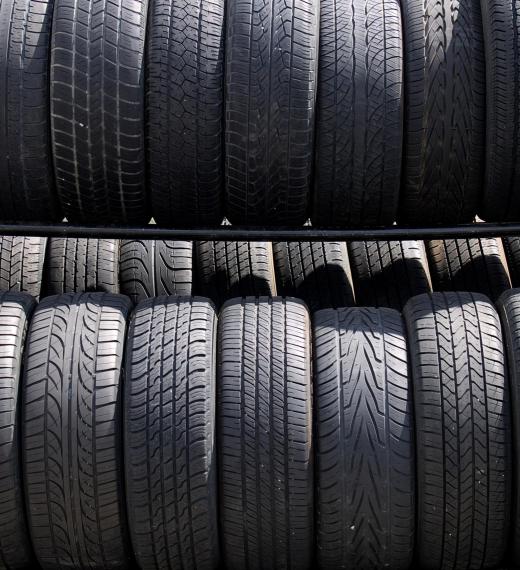Rubber is a versatile and useful material that is incorporated into many common products. It can be molded into almost any specific shape based on the needs of the user. Molded rubber products can be custom designed for industrial, medical, and commercial use.
Using rubber as a material in manufacturing is popular for many reasons. It can be shaped into a material that is durable and maintains its shape, even when subjected to considerable force. Materials made from rubber can be designed for extreme flexibility and while rubber can be cut, it is not easily fractured. These materials are airtight, waterproof, do not conduct electricity and can be dyed any desired color. Products made from rubber can also be used to add traction to a device or product.
Molded rubber products are created by melting solid rubber and pouring it into a mold. Once the rubber cools it is suitable for use. The molded rubber can then be sold directly as a product or used as a part of a more complex device.

Some of the most common molded rubber products are tires used for automobiles and other mobile machinery. These are made by mixing rubber and several other materials. Making a tire is a complex process that involves many stages. The final stage, creating the treads that give the tire its final shape, is done by molding. Many other kinds of wheels that are made from rubber are also molded to give them their shape.
The industrial field is a major consumer of molded rubber products. Shock and vibration absorbing bumpers are often necessary to keep the metal parts of various machines from rattling against one another and becoming damaged. Molded rubber can also be used to connect pipes and can be used as a leak-proof seal when necessary. Rubber seals can be custom molded to ensure that doors and other devices can be airtight when needed.
Rubber is a soft material that can be easily cleaned and few people react negatively to contact with it. Due to these factors, molded rubber is commonly used in medical settings. The handles of many medical tools are often molded rubber products. Another benefit in medical settings is that the traction that rubber offers makes it less likely that a doctor will slip and make an error when performing a procedure.
The use of molded rubber products in the home accounts for the majority of rubber products that consumers encounter. It is used to create the handles of tools, traction mats, children’s toys, and protective coverings for electronics. Molded rubber is also a common component of countless other consumer goods.
